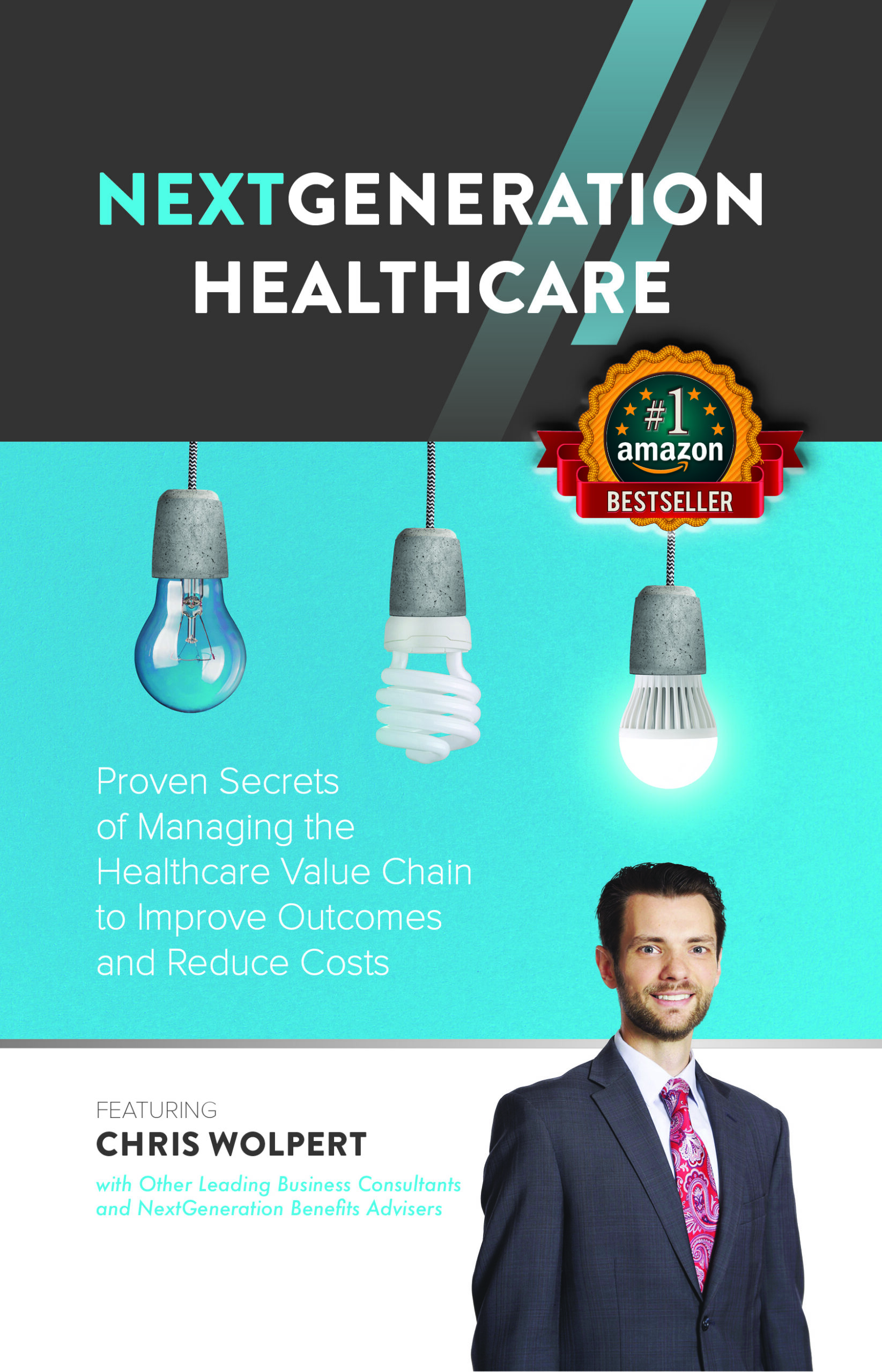One often-overlooked factor that can drive up group health plan premiums is employee health behavior, particularly the tendency to skip preventive care visits.
According to Aflac’s most recent “Wellness Matters Survey,” 94% of Americans have delayed or skipped checkups and screenings that could detect serious illnesses early. When employees avoid the doctor until a major health issue emerges, the resulting claims can be far more costly — both in terms of medical expenses and lost productivity.
For employers, this can lead to higher utilization and claims down the road, ultimately pushing up premiums at renewal time.
Why people skip appointments
Checkups and screenings can help detect chronic conditions like hypertension, diabetes and certain cancers early, when they’re easier and less expensive to treat.
Yet many workers don’t act until a health scare forces the issue. The Aflac survey found that nearly two-thirds of Americans only became proactive about their health after a major incident. Barriers like distrust of doctors, fear of bad news, scheduling hassles and uncertainty about insurance coverage keep many from seeing their primary care physician.
The study sheds light on the myriad reasons so many people are skipping routine checkups and screenings:
- 37% have canceled or not scheduled a doctor appointment because the wait was too long.
- 48% of those surveyed say they refrain from regular checkups because of logistical issues (such as difficulty finding a babysitter, taking time off from work or finding transportation).
- 26% say they do not trust doctors or would rather not be embarrassed.
- 14%, including 18% of Gen Z workers, say insurance issues keep them from getting checkups and screenings.
- 41% — primarily Gen Z (51%) and millennials (54%) — rely mainly on urgent care or the emergency room for their medical needs.
- 62% of those who believe they will be diagnosed with cancer are more likely to delay screenings.
What employers can do
One of the more striking findings was that 87% of those surveyed said they would be more likely to attend routine checkups and screenings if they received a cash incentive to do so.
Employers have a unique opportunity to promote preventive care and reduce friction that stops employees from making appointments.
Practical steps employers can take
- Encourage your staff to book annual checkups at a specific time each year and put it on their calendar. The study found that those who book appointments at a specific time of year are twice as likely to complete recommended doctor visits and screenings.
- Promote preventive care. Use company newsletters, e-mail, intranet posts or Slack messages to remind employees about the importance of annual physicals and screenings.
- Urge employees to get a primary care physician if they don’t already have one. Patients who have a primary care doctor are more likely to attend checkups and receive reminders from their doctor. The survey found that one in five did not have a primary care physician.
- Advise employees to get their families involved in health for everyone. Seven in 10 said that a loved one’s urging would make them more likely to go to the doctor.
- Host an “Annual Checkup Day.” Block off a “no meetings” hour across the company and encourage employees to use the time to schedule their appointment or even take a walk, meditate or engage in another wellness activity.
- Offer incentives for scheduling checkups. Small rewards like gift cards or company swag can go a long way.
- Protect paid time off. Reassure employees that they won’t have to take paid time off to attend a medical appointment.
- Educate employees about coverage. Make sure employees know which screenings are covered under their plan.

